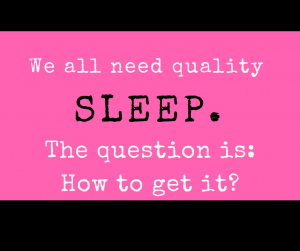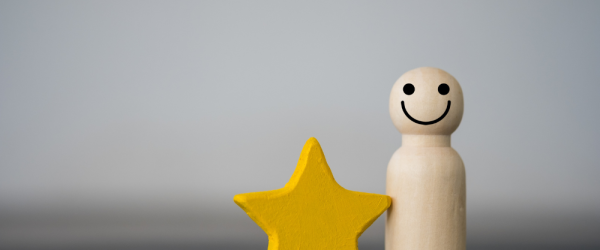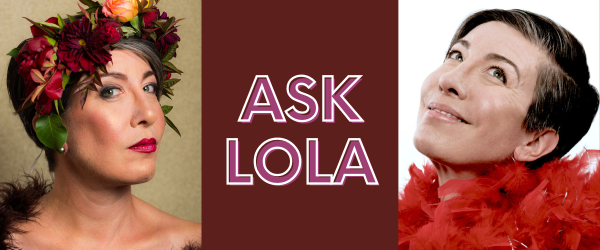Hi Sexy —
This month, let’s take a look at one of the most important things in life most of us are lousy at: getting enough quality sleep. We know we need it, but too often, we treat it like it’s optional — or even a waste of time. The fact is, every mammal on earth sleeps, and our bodies and brains need to, too.
The effects of sleeplessness, especially over time, can be pervasive and disruptive. They include depression and/or anxiety, intrusive negative thoughts, impaired decision-making and memory, becoming more accident-prone or making mental mistakes, reduced immune system function, stimulant overuse and weight gain. The irony is we think we make more time in our lives by sleeping less. In reality, lack of sleep reduces the quality of the time we spend awake.
So many of us complain constantly how tired we are, without ever doing much about it. A commitment to healthy sleep is an important component of self-care. Let’s look at ways to ensure every night is a great night’s sleep. Sleep experts recommend simple steps to improve your sleep hygiene, defined as “the habits and practices conducive to sleeping well on a regular basis.”

Sleep Hygiene
It’s important to do the little things right. As mammals, we prefer a dark, quiet room to relax in —considering we descend from ancestors who had to worry about being eaten in the middle of the night, this makes sense. If you struggle to quiet your churning mind right when you turn in, try listening to quiet music or nature sounds. Set your media player to go silent after an hour, long enough to let you drift off, but not play all night.
Avoid screen time right before bed. I know this is hard for many of us, but research has shown the blue light from computer screens affect our bodies’ circadian rhythm, distorting our sleep clocks. Read a book or listen to a podcast instead. If work or personal correspondences have a tendency to get you riled up, I recommend setting a hard rule: “No texts/emails/DMs after X o’clock.” If there’s a poopy email sitting in your inbox, the bad news can wait until morning. Don’t let it rob you of a good night’s rest.
Daytime Habits
It’s not enough to look at just what we do before we turn in for the night; our daytime activities matter, too. Sleep experts recommend daily aerobic exercise to get your heart rate up every day. Regular exercisers sleep better and longer than people who exercise irregularly or not at all. Sex before bedtime can be an excellent way to relax your body and mind, as well.
Keep an eye on your caffeine consumption. You might think that your afternoon latte doesn’t have any impact on your sleep cycle ten hours later, but consuming stimulants at any point throughout the day can make it both harder to get to sleep, and to sleep through the night. As tough as it is, cutting back on caffeine can help you get the sleep you need so you don’t have to rely on Starbucks to stay alert.
Another important component is our mental state. Something upsetting happens to keep us up at night, so we spend the next day feeling more ragged with less resiliency, working ourselves up even more, so we find it impossible to close our eyes the next night. Insomnia can become a vicious cycle. Mindfulness meditation is an excellent technique to empty your mind and restore your body to calm breathing, and can help you drift off to sleep.
Finally, naps can be an excellent way to get the extra sleep your body craves. Many of us feel better if we can doze off for a few minutes or hours in the middle of the day. However, if your napping habits interfere with your work or personal life, you might need to break the nap cycle in order to restore your sleep pattern to a healthy rhythm. Just like caffeine, the stopgap measures we use to overcome occasional fatigue can, over time, disrupt our natural nighttime sleep cycle.
Sleep Aids
Most of us at some point have taken something to help doze off. Alcohol, marijuana, Melatonin, Nyquil, Benadryl and other over-the-counter sleep aids are fine to help with occasional insomnia. However, all of these, if relied upon regularly, can rob you of the full sleep needed to be rested. In other words, it’s not enough to pass out overnight — quality matters as much as quantity.
If you’re having trouble sleeping for more than two weeks, talk to your doctor. They will ask whether you’re finding it hard to get to sleep, sleep all the way through, and/or experiencing early morning waking. Different sleep disruptions require different solutions, so keeping a sleep journal is a helpful tool for reporting your experiences over time. Your doctor can proscribe medication and tell you about any side effects and any possibility of dependency.
Until next time — nighty night, sleep tight and be sweet to yourself.
Lola D.
—
Lola Davina is a longtime veteran of the sex industry and author of Thriving in Sex Work: Heartfelt Advice for Staying Sane in the Sex Industry, a self-help book for sex workers now available at Amazon, Barnes & Noble, iTunes and wherever else ebooks are sold. Contact her at Lola.Davina@ynotcam.com and visit her on Twitter at @Lola_Davina, on Facebook and on Tumblr.
Image of Lola Davina courtesy Pat Mazzera.









